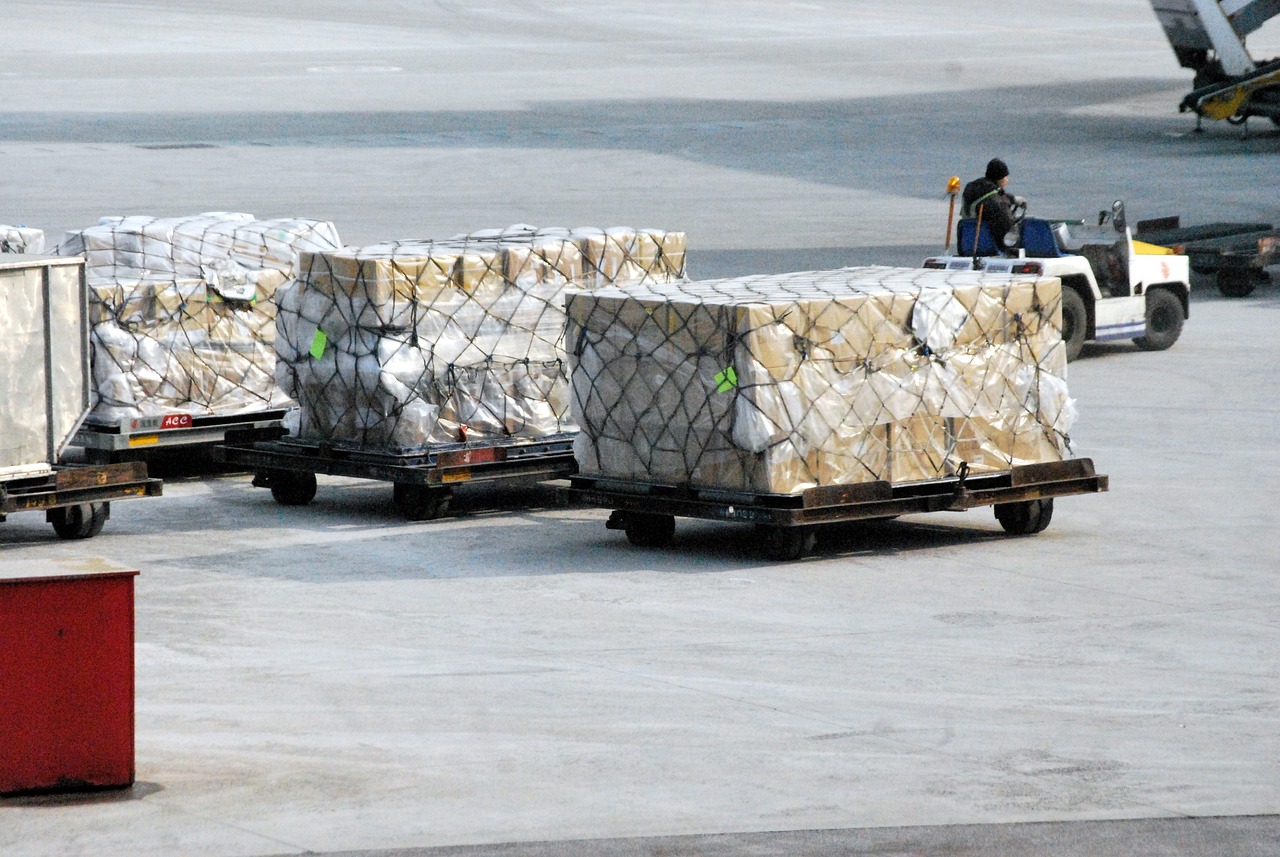Who needs to register with the U.S. Food and Drug Administration (FDA)? We know non-U.S. facilities need to register if exporting FDA-regulated products. But what about U.S. food importers? The answer depends on what business activities importers conduct in addition to importing goods into the U.S. In this article, we will clarify when and how to register with FDA as an importer and common misconceptions about FDA registration. We’ll also offer guidance for importers who don’t need to register with FDA.
Who Must Register with FDA?
If you only engage in the importation of food, beverages (including alcoholic beverages), or dietary supplements, you do not need to register with U.S. FDA. However, if you also own, operate, or are the agent in charge of a facility that also manufactures, processes, packs, or holds food, you must obtain an FDA food facility registration.
There are exceptions to this, which can be found in the Code of Federal Regulations.
Food Importers and FSVP
The confusion around whether an importer must register with FDA often stems from the FDA’s requirement for Foreign Supplier Verification Program (FSVP) importers to obtain a Unique Facility Identifier (UFI).
FSVP is a part of the FDA Food Safety Modernization Act (FSMA). It makes most food, beverage, and dietary supplement importers responsible for verifying that their foreign suppliers meet U.S. food safety standards. FSVP importers must use supplier compliance data to verify and approve them, monitor suppliers’ compliance status, and take corrective action if needed to meet FSVP requirements.
FSVP food importers are also subject to routine inspections to determine FSVP compliance.
Why might food importers mistake FSVP requirements with a need to register with FDA? FDA also requires food facilities to provide a UFI when registering. This may suggest that importers need to register with FDA along with obtaining a UFI, which is not the case. FDA registration for importers depends on the scope of their food operation, aside from importing food.
Food Importers That Don’t Need FDA Registration
Food, beverage, and dietary supplement importers that do not manufacture, process, pack, or hold products aren’t required to register with FDA. However, they must comply with FDA regulations for importing goods for distribution in the U.S. market. This includes the UFI requirement for FSVP and Prior Notice.
Importer Unique Facility Identifier (UFI)
FSVP food importers must obtain a UFI and provide it when filing at a port of entry with the U.S. Customs and Border Protection (CBP). They will need to submit it along with their name and email address to the CBP Automated Commercial Environment (ACE) system for each line entry of food offered for import.
FDA has named the Data Universal Numbering System, or DUNS numbers, the only acceptable UFI.
DUNS numbers are unique, 9-digit codes created by credit bureau Dun & Bradstreet for credit reporting and business identification. Failure to obtain a UFI before your products arrive at Customs will cause shipments to be detained and held until the DUNS is provided. If you aren’t able to provide one, your shipment will be refused.
FDA requires unique DUNS numbers for each facility, not per company. Importers of alcoholic beverages are not subject to FSVP and do not need a UFI. But they may need to register with FDA if they also manufacture, process, pack, or hold products.
While most FSVP food importers may be exempt from FDA registration, they do need an accurate food facility registration (FFR) number to import goods into the U.S.
Aside from maintaining FSVP compliance, food importers should also make sure they have an accurate, up-to-date food facility registration (FFR) number for each supplier. FDA requires importers to file Prior Notices for all incoming shipments which must be filed with the suppliers’ FFR to prevent detentions at port of entry.
Registrar Corp Helps You Maintain FSVP Compliance
The FSVP regulation requires that FSVP importers import food from approved suppliers. Importers must designate an FSVP Qualified Individual (QI) to conduct foreign supplier compliance evaluations and verification to ensure that the food they import meets the FDA food safety requirements, before importing the food.
Registrar Corp’s ComplyHub™ is the world’s most comprehensive software dedicated to helping companies be FSVP compliant 24/7. You can monitor your suppliers automatically, manage FSVP documentation, find qualified suppliers, and boost your purchasing power within one software solution.
Learn how ComplyHub can help your business become FSVP compliant.
Food Importers That Need FDA Registration
Since the Bioterrorism Act of 2002 FDA has required all facilities that manufacture, process, pack, or hold food to register. The registration must be renewed every even-numbered year between October 1st and December 31st.
How To Register With FDA as an Importer
Haven’t registered your food facility with FDA before as an importer? Whether you choose to submit a registration yourself or work with a third party, it’s important to understand the application process. Here are the three key steps you need to know about FDA registration.
Step 1: Preparing Necessary Documents
First, you’ll need to gather the appropriate information and documents for food facility registration. This may include:
- Facility name, address, contact and, emergency contact information
- UFI
- Parent company name, address, and contact information
- Facility trade name(s)
- U.S. agent’s name and contact information (if applicable)
- Dates of operation (if seasonal)
- General product categories
- Owner, operator, or agent in charge’s name and contact information
You, or the Regulatory Specialist working with you to complete your registration, may also need to certify that all information provided is true and accurate and that you are authorized to share that information.
You will also need to confirm that you are aware of, and will allow, potential FDA facility inspections.
Step 2: Submitting the Application
Registrants must submit applications electronically through the FDA Industry Systems (FIS) online platform using the FURLS Food Facility Registration Module (FFRM). In some cases, FDA may grant you a waiver, allowing you to submit your registration application or renewal by mail or fax.
Once your application has been submitted, you may get a “Verification Pending” message if the information received is incomplete. If you’ve provided an inaccurate UFI, for example, you have 30 days to correct your application before FDA removes it from the FIS database.
If you have a U.S. Agent, they must confirm or deny the registration to complete your application.
Step 3: Receiving FDA Registration number
As soon as your application has been confirmed, you’ll receive an email with your Registration Number, PIN, and registration expiration date.
You can use the Registration Number and PIN to confirm your FDA registration, update registration or facility information, and renew your registration. The expiration date will fall on the next even-numbered year between October 1 and December 31.
Maintaining Your FDA Registration
There are several ways to maintain FDA compliance after you’ve completed your registration, including preparing for FDA inspections and updating your information with FDA.
FDA conducts several types of inspections on both domestic and international food facilities, including routine and targeted surveillance inspections for food safety and compliance follow-up inspections for previous violations. Non-U.S. food facilities typically take place at manufacturers, re-packers, warehouses, and distribution hubs, though they also occur on non-U.S. farms.
One of the best ways to prepare for FDA inspections is by conducting Mock Inspections either internally or with a regulatory specialist.
Another way to stay prepared and compliant is by keeping your registration and DUNS number information up to date. If you file an updated FDA registration, FDA will also check that the business information attached to your DUNS number matches it. Failure to update both before you renew can result in a suspended or canceled registration.
FDA Registration and Compliance For Importers
Registrar Corp leverages 20+ years of industry experience to make FDA compliance quick and easy for food importers. Our regulatory specialists work with thousands of companies each year to help them meet FDA FSVP requirements.
Our solutions for FVSP importer compliance include:
- DUNS Assistance
- FDA Registration, if applicable
- FSVP Plan and/or Implementation Services
- FSVP and PCQI Online Training
- FDA Compliance Software
- Mock FSVP Inspections
Learn more about our regulatory compliance services for importers.








